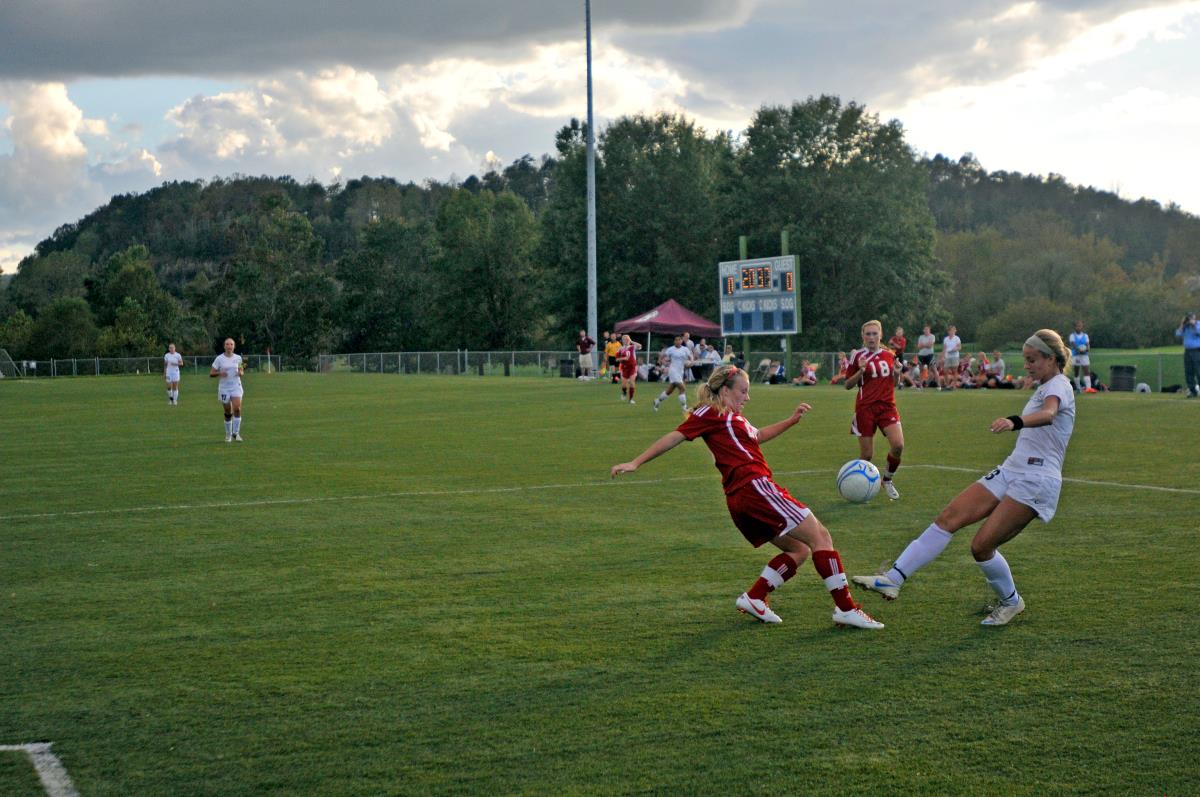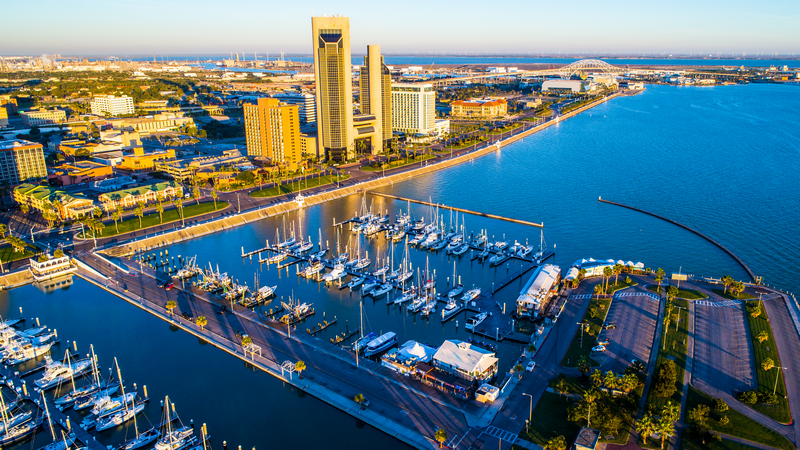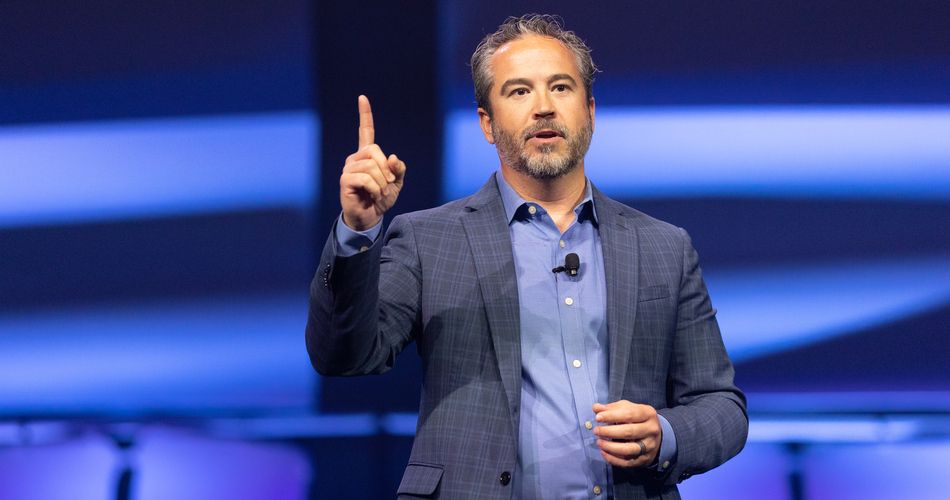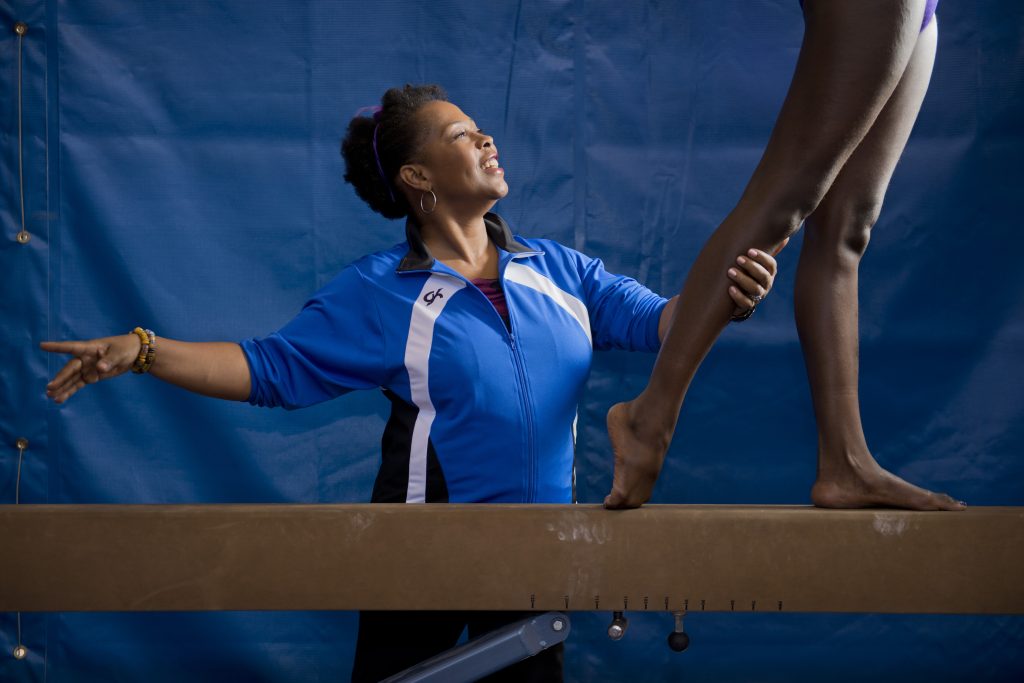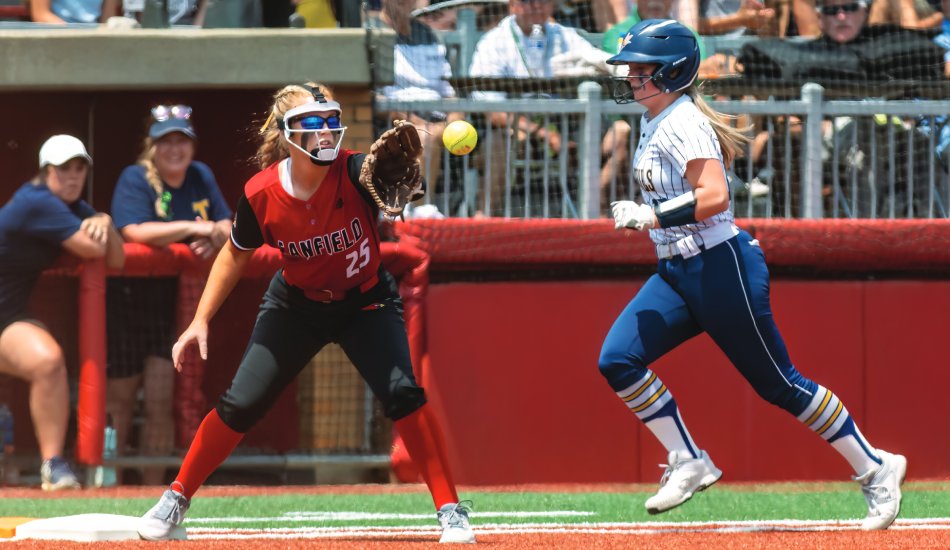Over the past few years several sports commissions and even some convention bureaus have entered into the event creation business. While some have struggled, others have had success in this space. By creating their own events destinations are developing assets that they can have more control over, including when the events happen, where they take place, and how the profits and losses are handled. Through event creation the event owner (in this case the destination) can build championships that fit their venues, fill open calendar dates, and provide year over year tourism consistency. Often times, bidding on existing events provides only some of these key benefits.
In the United States, there are over 400 destinations that are active in the sports tourism marketplace. Each player in this space falls somewhere on the event strategy continuum, from hosting all bid-in (existing) events, to a mix of bid-in and created events, to running all created events. Most host cities fall somewhere in the middle of the continuum with a tendency to be closest to the bid-in hosting strategy. Historically, a heavy event creation strategy was the extreme end of the spectrum, with very few “outlier” cities playing in that area of the industry. The prime example of a community that has generated significant success in the event creation model for driving sports tourism is the City of Richmond, Virginia and the Richmond Sports Backers.
Sports Backers Executive Director Jon Lugbill, a former World Champion whitewater canoe slalom racer, shared with us the history of the Sports Backers and their vision for creating events. In our interview, Mr. Lugbill outlined the genesis of their success. The story goes something like this…..
In 1998 the Richmond Sports Backers was a struggling non-profit organization. They had challenges financially and were attempting to find their long-term direction. At that same time, the local newspaper decided to discontinue the Richmond Marathon which they had run for several years. The Marathon had 2,000 runners at that time, and while modest in participation, was widely recognized by the community as a popular event. As necessity is often the mother of invention, it was at this time that the Sports Backers Board of Directors decided to discontinue the planning and production of fundraising events and focus on created events – including taking over the Richmond Marathon. The Marathon would grow in 13 of the 15 years that followed and today is a cornerstone event for the Sports Backers and the Richmond community (over 19,000 runners participated in the 2013 event).
The Sports Backers added a 10K race in 2000. The inaugural year there were 2,500 runners, and participation in this event doubled each of the following two years. With the Marathon growing and the 10K tracking successfully, the organization decided to double down on their event creation efforts. In 2001 the Board of Directors voted on a strategic plan to create one new event each year for the next five years. This plan would require a significant fundraising effort, and the knowledge that the newly created events would likely lose money in the first two years before becoming profitable. The fundraising campaign raised $1.8 million through private companies and an additional $750,000 from government agencies. The key in the sales process was the vision that over time, events would be created that would drive tourism to Richmond year after year.
In the final year of the strategic plan (2006), the Sports Backers added an incubator program to assist local event promoters in growing their sports tourism efforts. These strategic partnerships increased the overall economic impact on the area and created a more tactical community approach to hosting sporting events. Through increased communication and collaboration, the community’s events generated significantly more benefit than in working independently of one another.
The Sports Backers have continued to create new championships each year and now operate 15 events annually, and support 10 additional competitions through the incubator program. With a focus on created events with individual participants (and not team tournaments) the organization found that scaling capacity as registrations increased was much more manageable. In 2013 the Sports Backers created events had over 85,000 participants and an additional 300,000 spectators. Today, the Sports Backers have 26 full-time employees and an annual budget of $7.1 million (86% of their revenues come from registrations at their created events).
While the Richmond Sports Backers still do bid-in 4-5 events a year, event creation is their bread and butter. The Sports Backers are an industry leader in the created event trend and their vision in 1998 has served them well as today’s marketplace tries to catch up. In our interview with Mr. Lugbill, we asked him what recommendations he would have to those that were considering a shift in strategy towards a more created sports event/tourism strategy. Here is a summary of what he said:
- To be good, the organization and its leaders need to be entrepreneurial. A bid-in event strategy requires a different expertise based on sales. A created event strategy requires an entrepreneurial vision.
- The event creation strategy can be very successful in markets that don’t have professional sports teams. In a case like Richmond there is less competition for media coverage which makes garnering community support more attainable (note: Richmond has no tier-one sports teams, but there is a NASCAR track).
The Sports Backers and their supporters have built quite a business in Richmond. Sports tourism there is not only an economic driver but hosting and participating in events is a way of life. I’m sure many people who read this case study will look at the numbers (15 events, $7.1 million budget, 26 staff, etc.) and say “that is out of reach for us, those numbers are unattainable.” One need only look back at the state of the Sports Backers in 1998. The organization was unstable, unsustainable, and was struggling for a vision – it was a dire state.
If the Richmond Sports Backers can go from where they were 15 years ago to the industry leader they are today, so can you. We recommend that your community look at a created event strategy. Seek out collaborative partnerships that leverage your community assets. Build a sustainable event, then another, then repeat. In Hawaii there is a saying, Hana Hou, which means “one more time.” There is opportunity for Hana Hou in creating events in your communities. All we must do is start.
About the author: 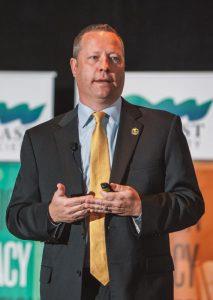
Jon Schmieder is the Founder of the Huddle Up Group LLC, a consortium of three sports related companies led by award winning executives. Schmieder has over 20 years of experience in leading sports tourism and events organizations through strategic growth and increased community collaboration. Huddle Up Group clients and partners include USA BMX, Detroit Sports Commission, Fort Worth Sports Marketing, Eugene Cascades & Coast Sports, Connect Sports, Veteran Tickets Foundation, Arizona Football Coaches Association, Evansville Sports Corp, Travel Medford, Des Moines CVB, Las Cruces CVB, Morgantown CVB, Monroe-West Monroe CVB, Visit Mississippi Gulf Coast, Visit Hershey Harrisburg, Hamilton County Sports Authority, Bryan College Station CVB, USA Volleyball, USA Badminton, the Association of Chief Executives of Sport (ACES), Visit Duluth, Delaware Sports Commission, and Visit Norman. The Huddle Up Group can be reached at Jon@HuddleUpGroup.com or 602.369.6955. To receive the weekly “Monday Huddle Up” sign up at https://tinyletter.com/JonSchmieder.

